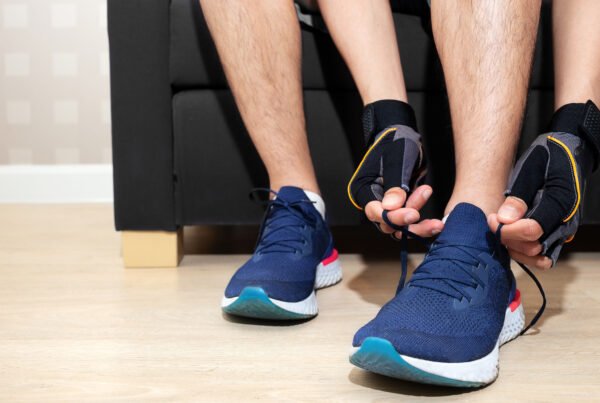Abstract
This briefing from the Scottish Association for Mental Health (SAMH) outlines the important benefits of sport and physical activity on mental health and calls for this to become a central tenet of health and social policy. It provides details on the existing services and projects it provides but argues that more needs to be done by the Scottish Government in order to achieve a Scotland where everyone is supported and enabled to be physically active. Sporting clubs and organisations can help achieve this by signing up the Mental Health Charter for Physical Activity and Sport.
Methodology
The SAMH launched the Active Lives Becoming Achievable (ALBA) project in 2017, which provides 16 weeks of one-to-one support to people who are directly referred to the programme by health care professionals. It helps them build their confidence, self-esteem and supports them to take part in the physical activity of their choice, though the project only operates in West Lothian, North Ayrshire and Fife. The Changing Room project was launched in 2018, aiming to provide a collective safe space for men in every professional club to talk openly about and receive support to improve their mental health. Finally, the Mental Health Charter for Physical Activity and Sport enables sports organisations from grassroots to elite level to set out how they plan to make engaging, participating and achieving in sport more accessible to people experiencing mental health problems.
Key Findings
The briefing makes suggestions about what more can be done to fulfil the potential of sport and activity to change lives. Exercise referral schemes for people experiencing mental health problems is currently limited based on where someone lives, and SAMH believes this should be universal and at no cost to the participant. Planning guidelines needs to prioritise the impact on mental health and physical activity, providing easy accessibility to services and green spaces. Finally, SAMH wants to see all sporting organisations obligated to become signatories to the charter, demonstrating their commitment to inclusivity.
Interpretation
A prevalent issue highlighted in the briefing is the extent to which access to mental health services and SAMH programmes is subject to a postcode lottery. Local authorities and national bodies might consider how they can improve this, such as through nation-wide social prescribing. Sports clubs and organisations might be interested in becoming signatories to the charter.




